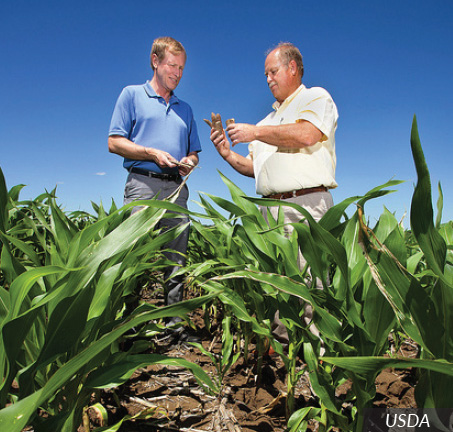Career Opportunity - Agronomist
Overview
An agronomist provides agronomic knowledge and leadership to growers in their assigned market while performing job duties such as field scouting, soil management and market analysis.

What responsibilities will I have?
- Ensure accurate knowledge or reliable referrals to make recommendations to growers to achieve efficient crop production
- Soil sample fields including multiple depth sampling, sampling by geo-reference and multiple site sampling in the event of changes in soil texture
- Manage field trials, plant physiology and irrigation practices
- Scout customer fields for weed, insects, disease and nutrition issues
- Ensure that application of seeding, fertility and pesticide occurs when weather conditions are optimal
- Gather, compile, analyze and interpret test results and prepare progress reports
- Analyze crop claim issues as necessary
- Document field evaluation of seed, chemical, specialty products and fertilizers
- Provide agronomic training for staff responsible for sales and marketing
- Assist with agronomic budgeting and cost monitoring
- Interact with suppliers, applicators and agronomy laboratories
- Remain up to date on crop nutrition and protection technology
What education and training is required?
A bachelor’s or master’s degree in agronomy or a related field is required to become an agronomist. It is also advised that you receive and maintain your Certified Crop Advisor (CCA) certification.
To pursue a career as an Agronomist:
The following high school courses are recommended: agricultural education, biology, chemistry, computer courses, and mathematics.
Where can I work?
Agronomists work for medium to large-scale farms, crop and seed production companies, crop protection companies, government agencies, research firms, environmental organizations, and colleges or universities.
Future Job Market / Outlook
The future outlook for an agronomist will be great over the next five years.





